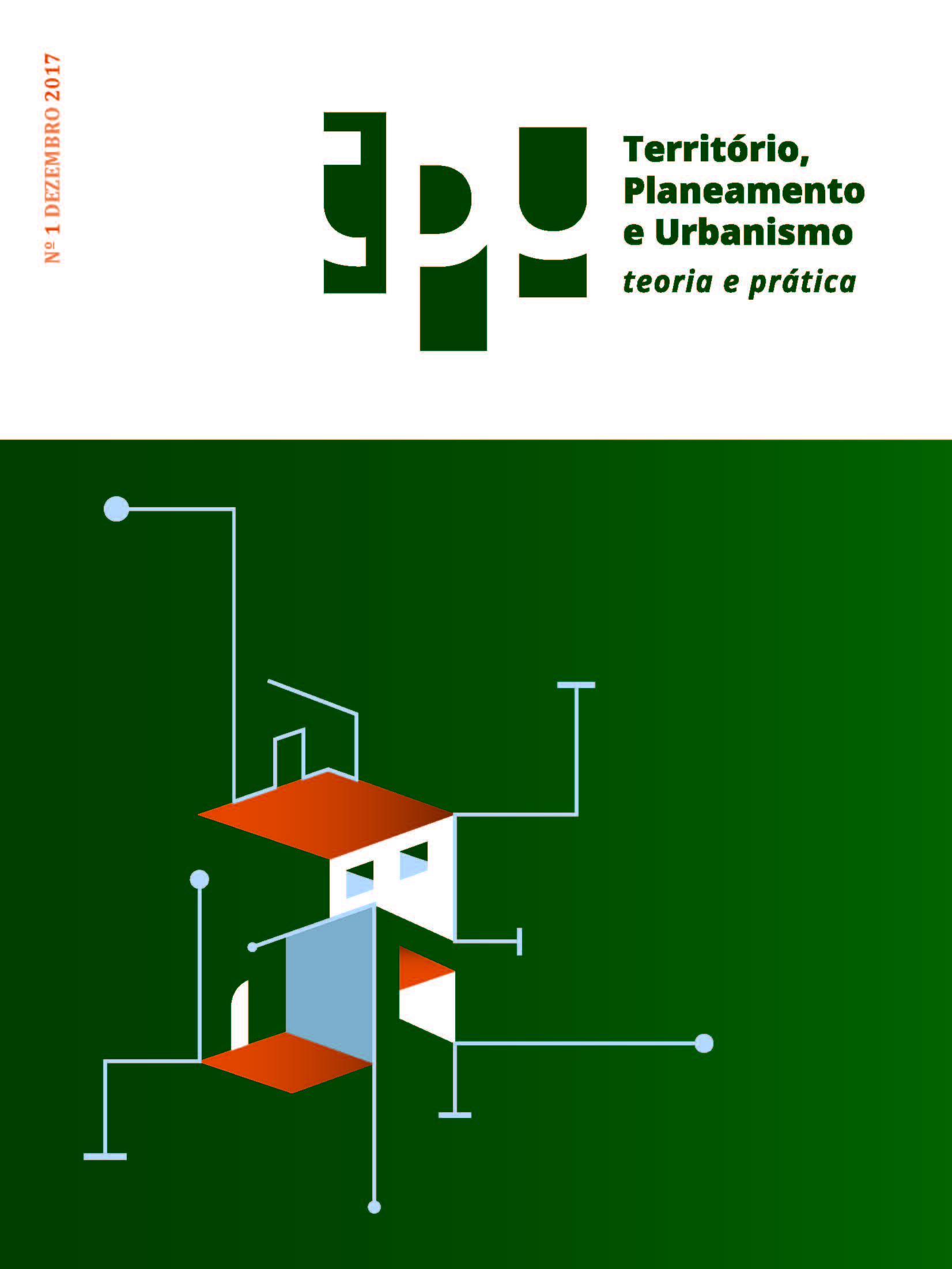A articulação entre o planeamento territorial e sectorial: uma refexão crítica sobre os recursos hídricos
Abstract
Spatial planning is a methodological and procedural approach to implement public policies, not only through land use control but also through the preservation of land environmental values, having in mind public interest and inter-generation solidarity. Among the environmental values of land, water plays a critical role to sustain human activities and structural environmental functions. The planning instruments, spatial and
sector wise, and their cross-sectoral articulation play a decisive role in the configuration of priorities, principles and decision-making processes for the territory-water nexus. This article develops a critical discussion on how the articulation between the spatial planning and the water resources planning systems
has been encouraged in Portugal. For this purpose, the most relevant concepts are reviewed, the Portuguese fundamental legislative framework is analysed and five problems and related challenges on the articulation of the water-territory planning systems are discussed, based on the results of recent research projects.
The paper concludes with a prospective reflection questioning whether the recent regulatory instruments have brought a new impetus to the role of territorial planning for the protection of water resources or whether new efforts should be considered to enrich the dominant praxis.
References
Carter, J. (2007). Spatial planning, water and the Water Framework Directive: insights from theory and practice. The Geographical Journal. 173:4, 330–342.
Cordeiro, A. (2014). Os Recursos Hídricos no Planeamento Territorial ao Nível Local. (Dissertação de Mestrado em Engenharia do Ambiente não públicada, orientada por Teresa Fidélis). Departamento de Ambiente e Ordenamento, Universidade de Aveiro.
EEA (2012). Territorial cohesion and water management in Europe: the spatial perspective.European Environmental Agency, Technical Report N. 4/2012. Copenhagen.
Fidélis, T. & Sumares, D. (2008). Nature Conservation and Urban Development Control in the Portuguese PlanningSystem - a new impetus against old praxis? European Environment. 18, 298-311.
Fidélis, T. & Roebeling, P. (2014). Water Resources and Land use Planning Systems in Portugal - Exploring Better Synergies through Ria de Aveiro. Land Use Policy. 39, 84-95.
Fidélis, T., Rodrigues, C. & Roebeling, P. (2016). Dos Planos de Gestão de Bacia Hidrográfica aos Planos Directores Municipais – Sinergias para promover a sustentabilidade, in Actas do 13º Congresso Nacional da Água, Março de 2016, (15p) LNEC, Lisboa.
Fraga, T. T. Fidélis, T. (2016). Os Recursos Hídricos na Avaliação Ambiental Estratégica de Planos Directores Municipais, In actas da 6ª Conferência Nacional De Avaliação de Impactes (CNAI'16). 19-21 de Maio, (12p.) Universidade de Évora.
Lerner, D. & Harris, B. (2009). The relationship between land useand groundwater resources and quality. Land Use Policy. 26, 265–273.
Tong, S. & Chen, W. (2002). Modeling the relationship between land use and surface water quality. Journal of Environmental Management. 66:4, 377–393.
Weatherhead, E. & Howden, N. (2009). The relationship between land use and surface water resources in the UK, Land Use Policy. 26, 243–250.
Wheather, H. & Evans, E. (2009). Land use, water management and future flood risk. Land Use Policy. 26, 251–264.

